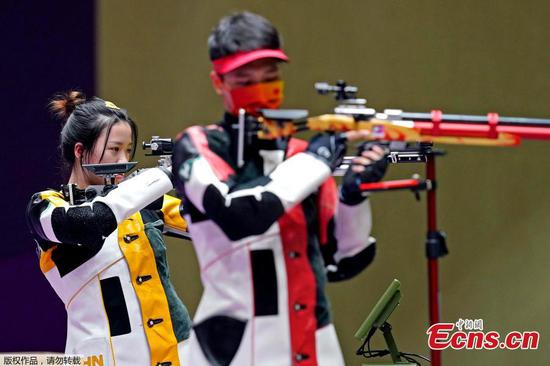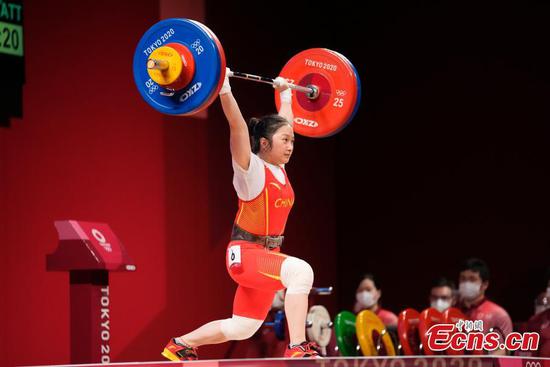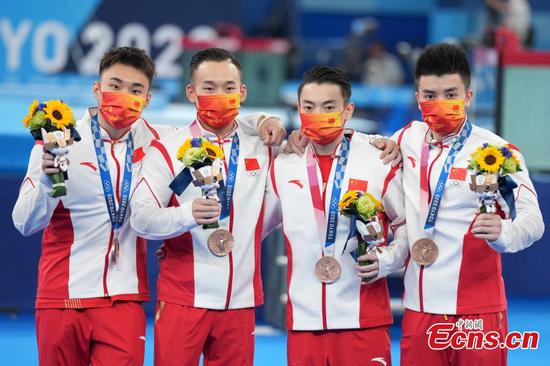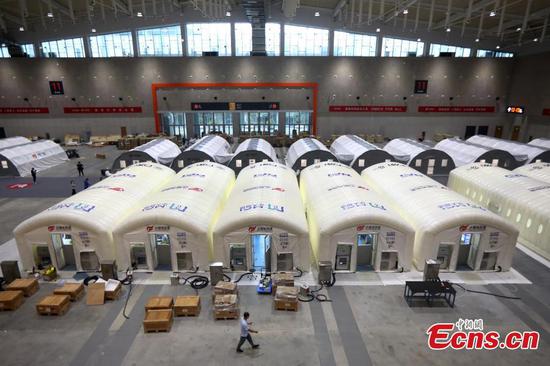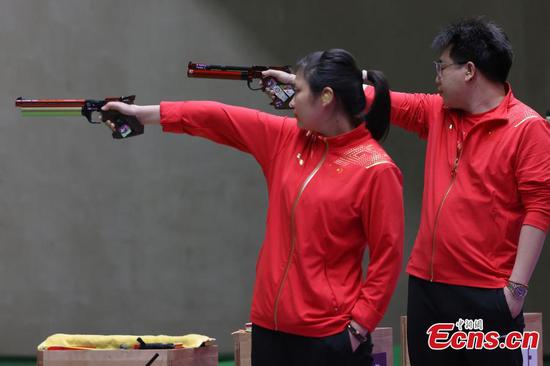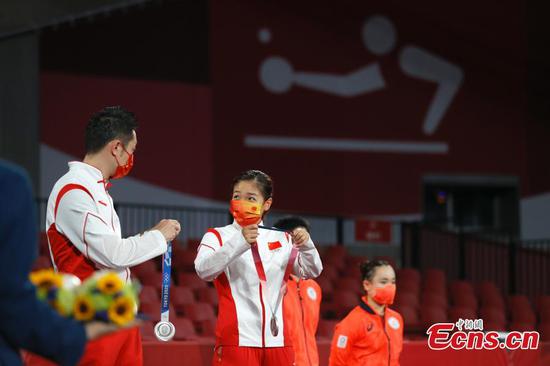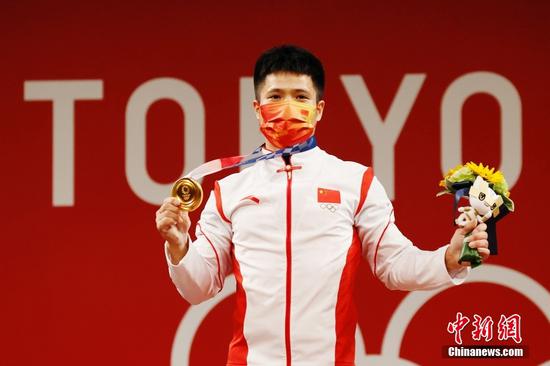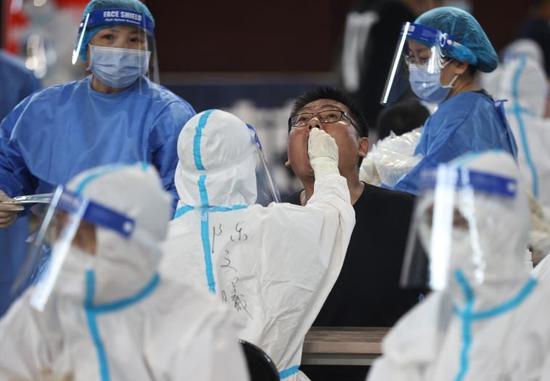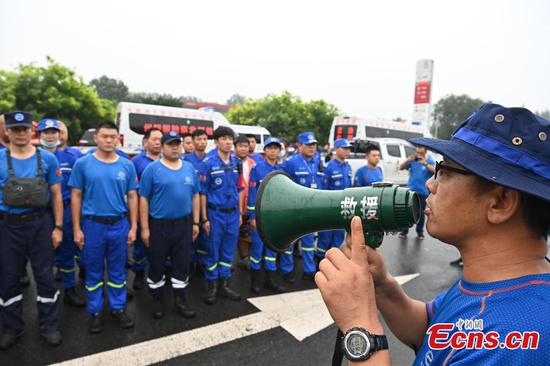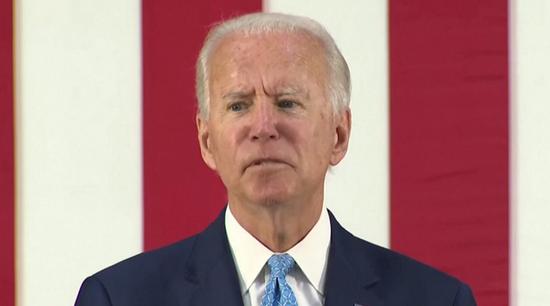
A technician works at the workshop of the carmaking-related chip production company in Qinhuangdao, Hebei province. [Photo/Xinhua]
Researchers will be better motivated to concentrate on their work, premier says
China will further reform and improve the management of central budgetary research funding to give researchers greater discretion in the utilization of funds and better motivate them to concentrate on their research, the State Council's executive meeting chaired by Premier Li Keqiang decided on Wednesday.
"China is giving greater prominence to innovation-driven development. With the guiding principles and broad policies in place, the new policies introduced this time are part of a response to the views and recommendations of research institutes and researchers over some time, and what we need is to ensure their last-mile delivery on the ground," Li said.
Budget compilation will be streamlined and the items subject to budget accounting will be reduced, it was decided at the meeting. Power over budget reassignment regarding equipment costs and others will all be delegated to institutes undertaking research projects. The creation of ceilings in funding that enable the retention of unused funds will be promoted in basic research projects and talent-related programs.
Researchers will be given greater incentives. The proportion of indirect funding in research projects will be increased to see that as much as half of research funding is used for personnel purposes. For purely theoretical basic research projects such as mathematics, the share of indirect funding may be raised to 60 percent.
Cash rewards for the commercialization of research outcomes will not be limited by the total amount of performance-based salary in the institute concerned, or used for approving the performance-based salary base for the next year.
"We must resolutely support basic research. Researchers need to fully devote themselves to their research, and do well in basic research in the same spirit as a blacksmith in the past who would spend years forging a perfect sword. This is of vital and long-term significance in boosting China's strength in science and technology," Li said.
Funds should be channeled to those carrying out projects within 30 days of the signing of project contracts. After a project is complete, those undertaking the projects may keep the surplus project funding for direct research expenditure.
Lead scientists will be given the discretion to decide what to study, how to build teams and how to use funds in line with the priorities and scope of the country's agenda. A "budget plus negative list" management model will be implemented in new research and development institutes.
Except for special provisions, research outcomes and intellectual property generated with budgetary funding support will be obtained by new R&D institutes in accordance with law, and their application and promotion decided by these institutes.
Research projects will be equipped with financial assistants by relevant parties to provide specialized services such as budget compilation and reimbursement, in order to ease the administrative burden on researchers.
"Competent departments must rigorously implement the aforementioned policies. The State Council General Office should step up accountability inspections and compliance oversight," Li said. "Real support for researchers cannot materialize unless these policy measures are fully delivered."











